André Kertész worked at the stock exchange in Budapest. Edward Weston once worked at the Marshall Field department store in Chicago. Walker Evans took a night job on Wall Street. Perhaps most famously, Vivian Maier worked for decades as a children’s attendant and au pair. For decades, some of the world’s greatest photographers have relied on day jobs to support their art.
For many of today’s photographers, a day job can offer financial security and consistency, but it can be a challenge to find the time out of your busy schedule to learn new things, organize photoshoots, and hone your craft. Luckily, there are some simple ways to optimize your schedule and create more work. Here are some simple tips for finding the time and energy to shoot—even when you’re working 9 to 5.
Bring your camera to work
Train stations and bus stops make for fertile ground for street photography, so carry your camera during your daily commute to and from the office. Instead of scrolling through your phone, use that time to people-watch.
The late photographer Michael Wolf famously documented commuters on Tokyo’s packed subway cars. For inspiration, you can also check out the work of Etienne Buyse, who captures cinematic moments on the tramway. Take any opportunity you can throughout your day to shoot pictures.
Write your daily goals the night before
According to one study by Dr. Gail Matthews, people who wrote down their goals were 42% more likely to achieve them.
Every night, write a to-do list based on your priorities, from work tasks to photography goals. Keep your expectations realistic, and try not to overbook yourself; leave some buffer room in your schedule to cover your bases.
Shoot first thing in the morning
61% of people check their phones within five minutes of waking up, but the danger of doing this is that you allow the expectations of other people to set the tone for your morning. Instead of reaching for your phone to check your emails, grab your camera. You can shoot the sunrise from your backyard or set up a still life using golden morning window light. You can check your phone after you’re done with your quick morning photo ritual.
You can also set your alarm early on some days of the week for more shooting time. When we asked the legendary photographer Bruce Gilden about his daily routine back in 2016, he put it simply: “I get up early. I go to sleep early.”
Start small
Garry Winogrand might have spent all day, every day shooting photos, but it’s okay to start (much!) smaller. If you can’t shoot eight hours a day, try one. If you don’t have time to shoot an hour a day, start with 15 minutes. Do it at the same time every day. Once you hit a stride with those 15 minutes, you can gradually increase by five minutes every month or so. You don’t have to wait for inspiration; just get started.
Protect your time
Every artist needs some time alone with their work. If you live with other people, maybe that means setting aside an hour every day when everyone knows not to interrupt or enter your studio/office. Make it the same time each day so everyone knows the routine.
Learn to say “no” to some things occasionally, like coffee or drinks with friends, if it would interfere with your creative passions. This can be challenging, but it’s also essential for maintaining a healthy balance.
Unplug
Setting boundaries and protecting your time could also mean turning off your phone, computer, and all other devices for an hour or two so you can work without any distractions from the outside world. The average adult spends about three and a half hours a day on the internet on their phones, so assess how much of your time is spent in front of a screen.
While some of that time (answering emails, promoting your work on social media, etc.) might be non-negotiable, you might find much of it could be spent on making pictures instead. Apps like QualityTime can help you do an “audit” of how much time you’re spending online.
Add a social component
You don’t have to say “no” to social activities that feed your passion and bring you joy. Instead, look for ways to incorporate photography into those activities. Maybe you set up monthly “art nights” with friends where you can share and give feedback on each other’s work. Everyone can bring snacks and the best photos they shot throughout the month.
You can even embark on a collaborative project with friends, neighbors, or family members; the famous 19th-century photographer Julia Margaret Cameron, for example, often played dress-up with her family behind-the-scenes. Consider ways to make photography fit into the life you already have, whether it’s unexpected quiet moments at home with the kids or taking advantage of a vacation to shoot travel pictures.
Embrace “imperfect” conditions
You always want to plan to be available during great weather and lighting conditions, but it’s not realistic to expect to shoot only when everything’s perfect. Sometimes, you have to make the best of what you get, bad weather included.
Maybe you’re stuck in the rain waiting for a cab when you see a priceless moment unfolding on the street; perhaps you’re walking the dog in harsh daylight when you come across a beautiful tableau. Either way, be ready with your camera and seize the opportunity. You’re more likely to regret the shots you didn’t take than the ones you did.
Follow an assignment
If inspiration isn’t coming unbidden, try an assignment to get yourself “in the mood” for shooting. 500px runs regular Quests to help you stay active and hone your skills. Recent Quests cover all genres, from landscape and wildlife to still life and portraits.
Of course, you can also create your own assignments and ask some friends and colleagues to join you for a weekly photo challenge. Maybe you try something new like shooting HDR or using a macro lens. Having a deadline to meet, and a community to hold you accountable, will encourage you to make more time for yourself. Start with smaller “mini-assignments” and build up from there.
Have fun
Research suggests that we’re more likely to be creative when we’re intrinsically motivated; that is, when we’re motivated by the interest and enjoyment we get from what we’re doing—rather than any external rewards.
If you’re only focusing on creating photos that get more “Likes” and comments, you might not be working at your best. Instead, shift your focus onto what brings you satisfaction; pursue genres and subjects that interest you, and shoot authentic photos. When you’re doing what you love, you’ll make the time no matter what, and that’s often the key to creative time management.
Not on 500px yet? Sign up here to explore more impactful photography.

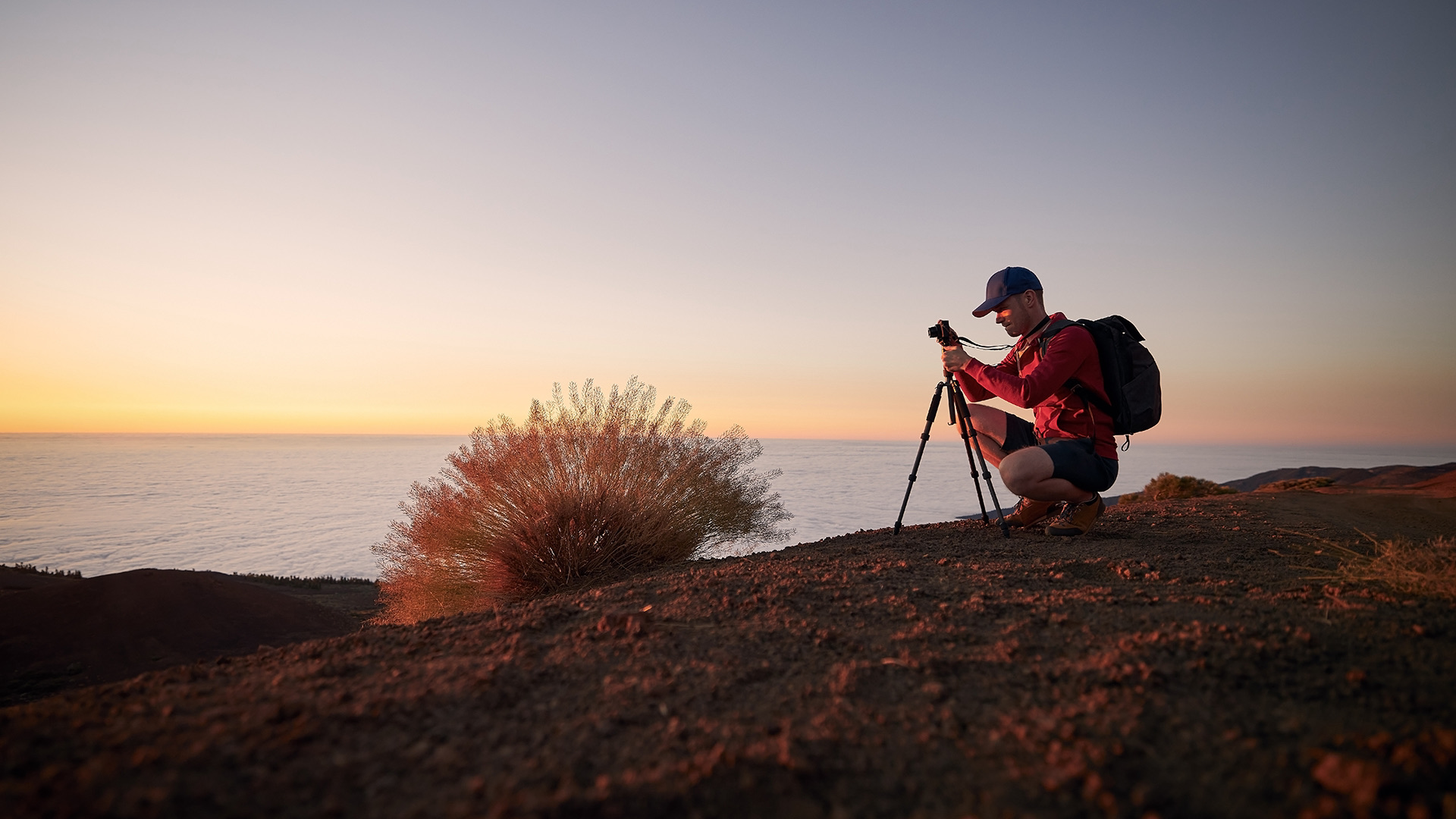
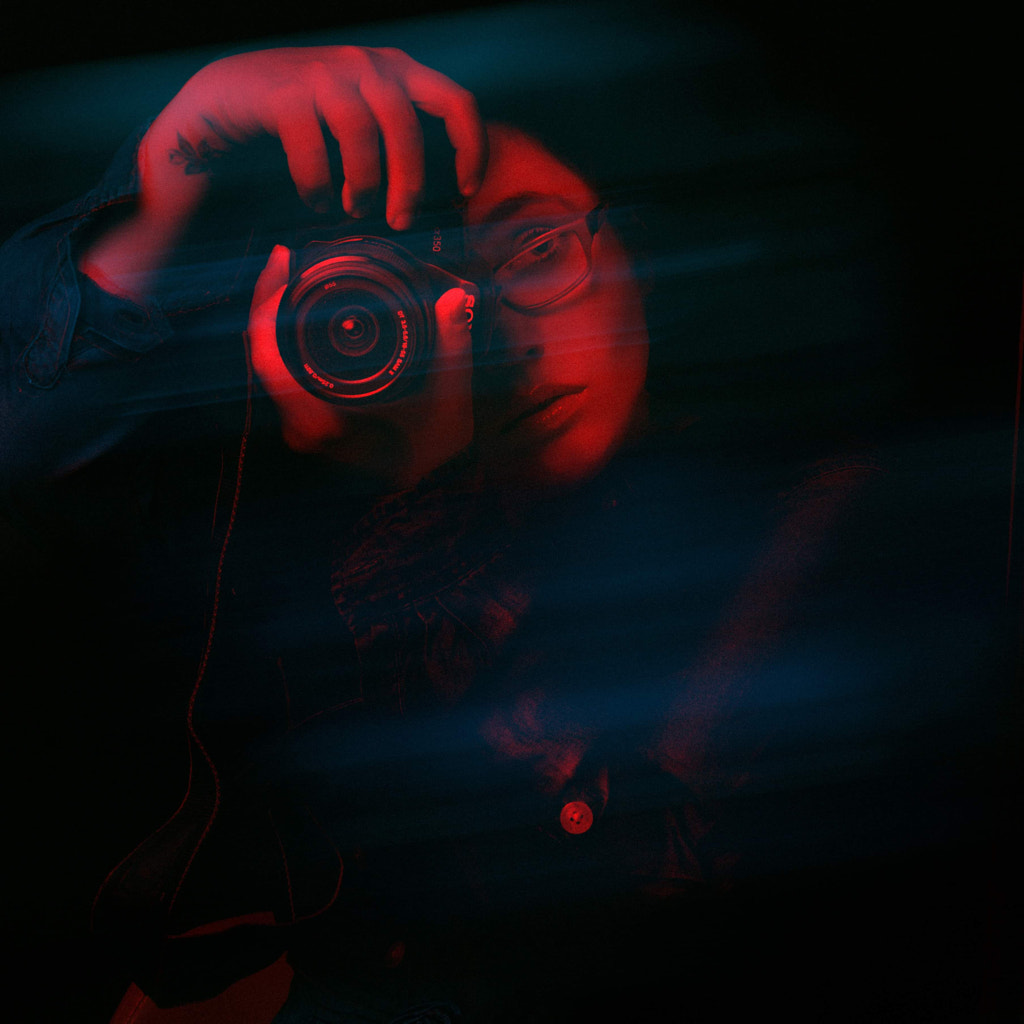
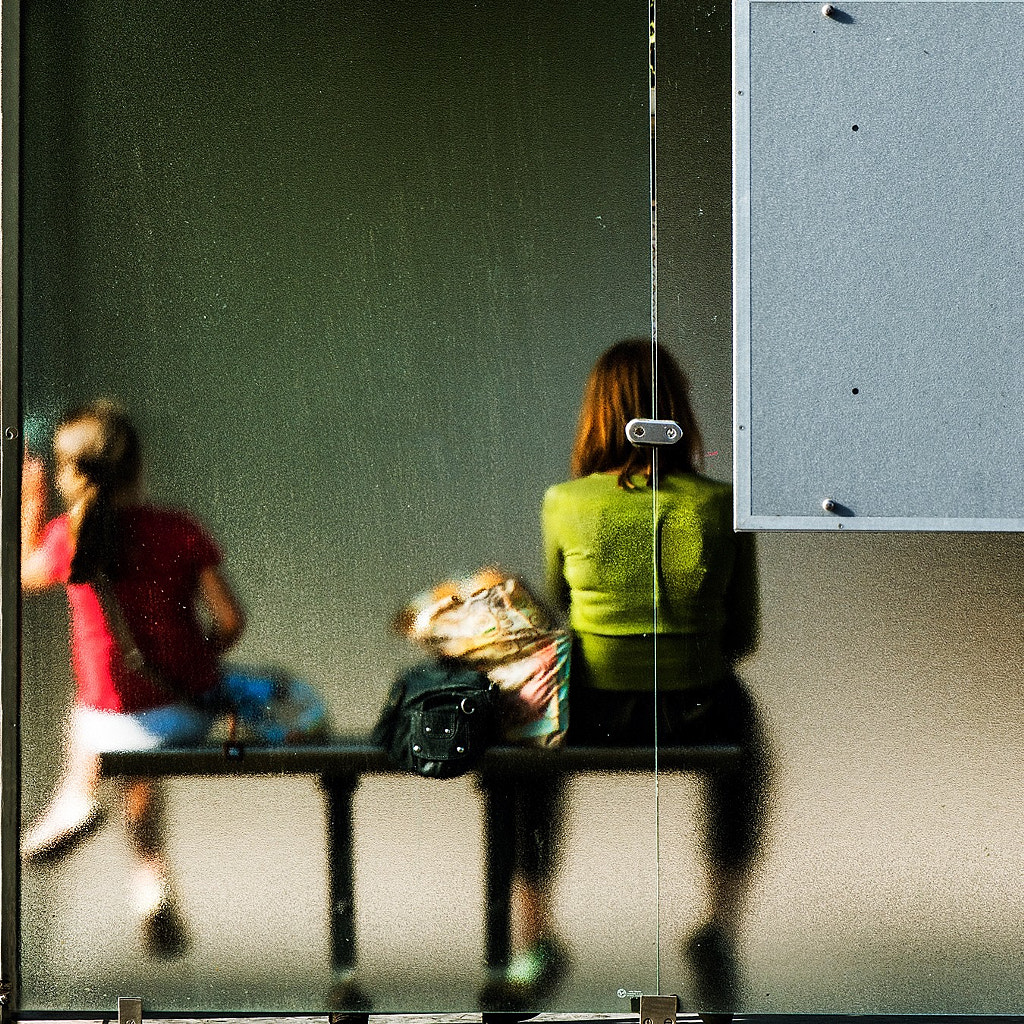
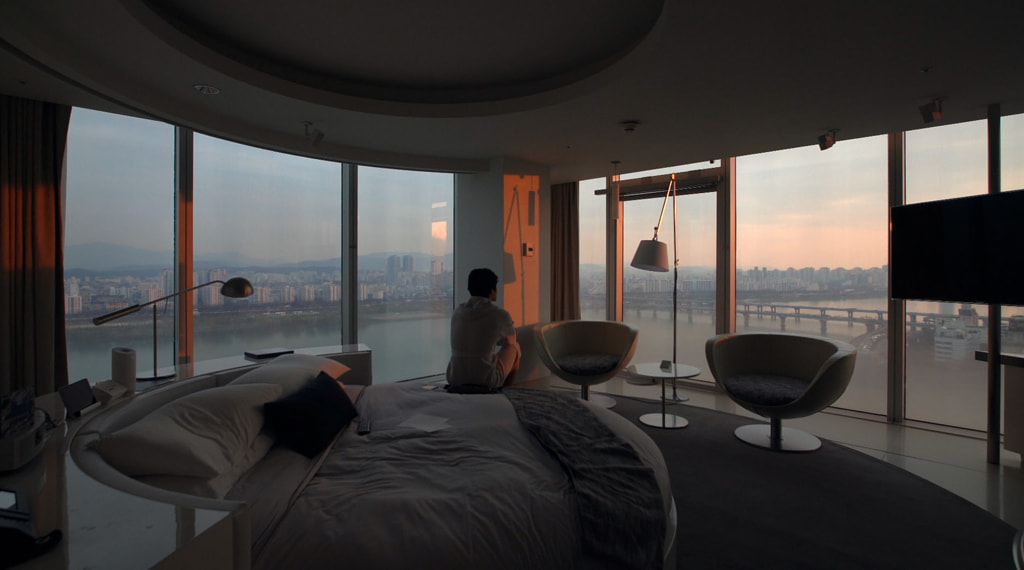
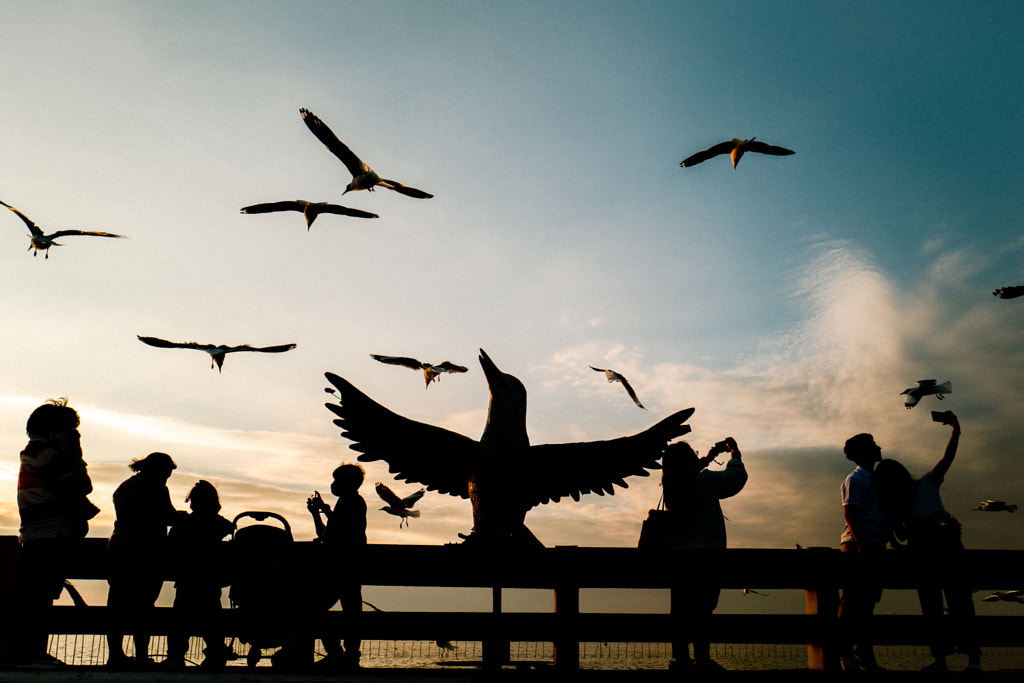
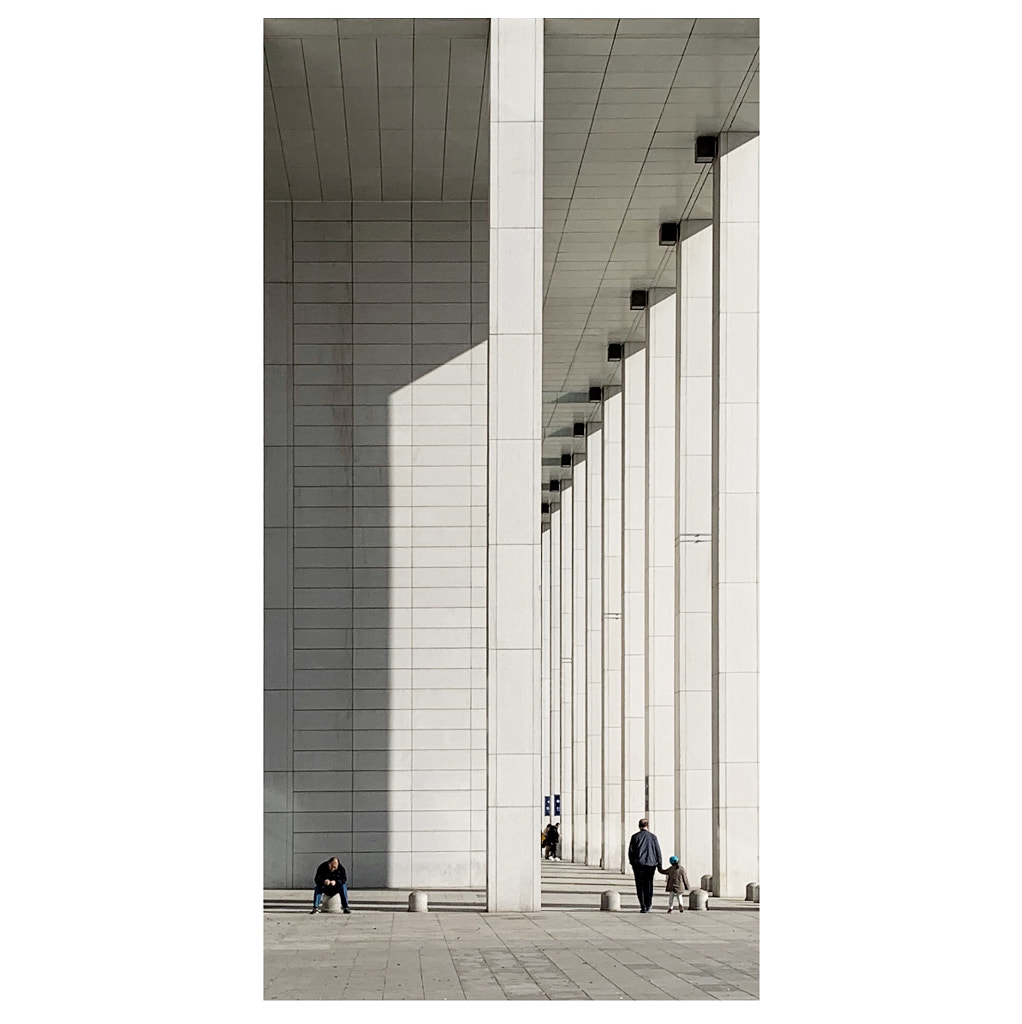
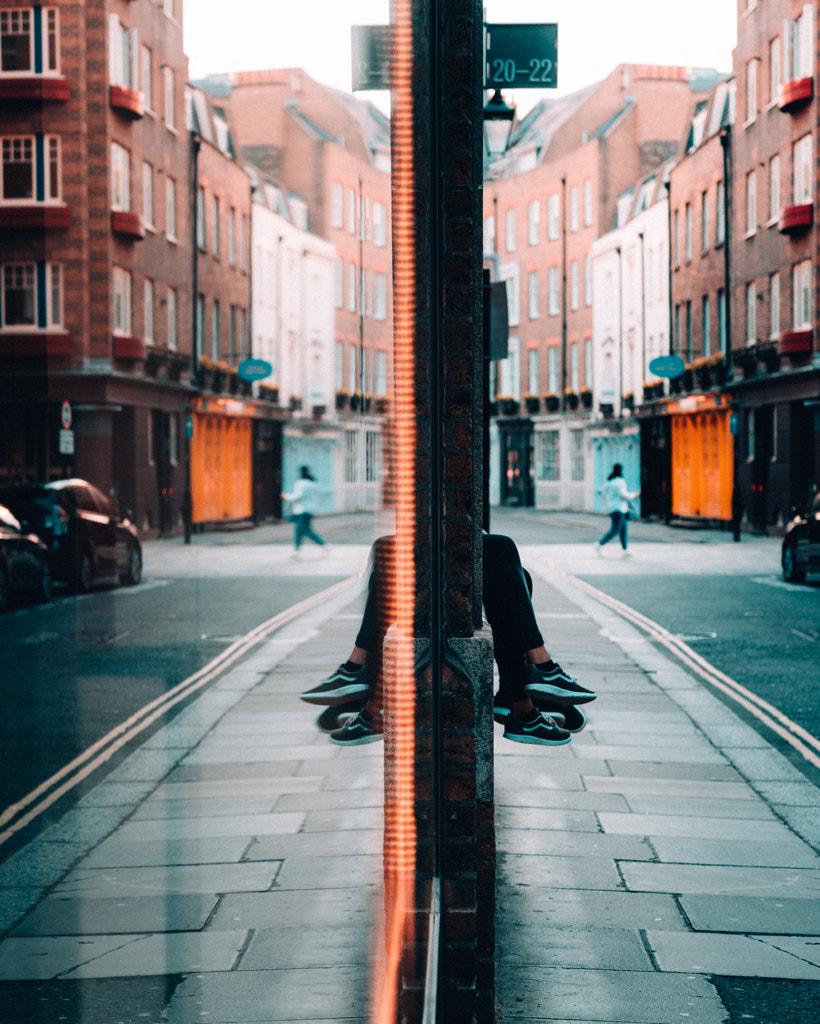
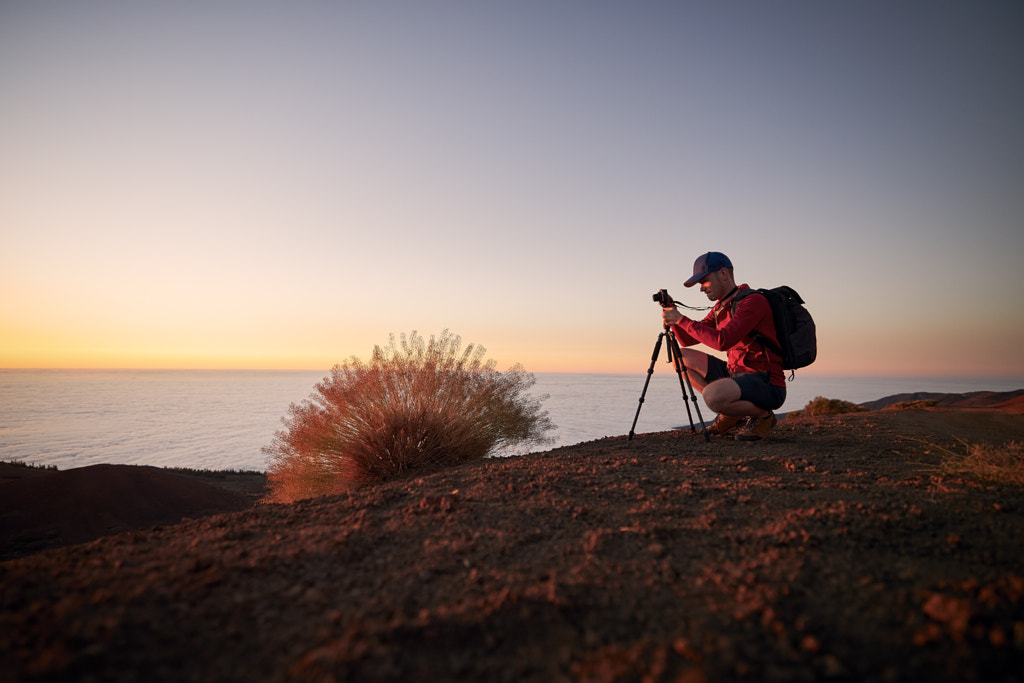
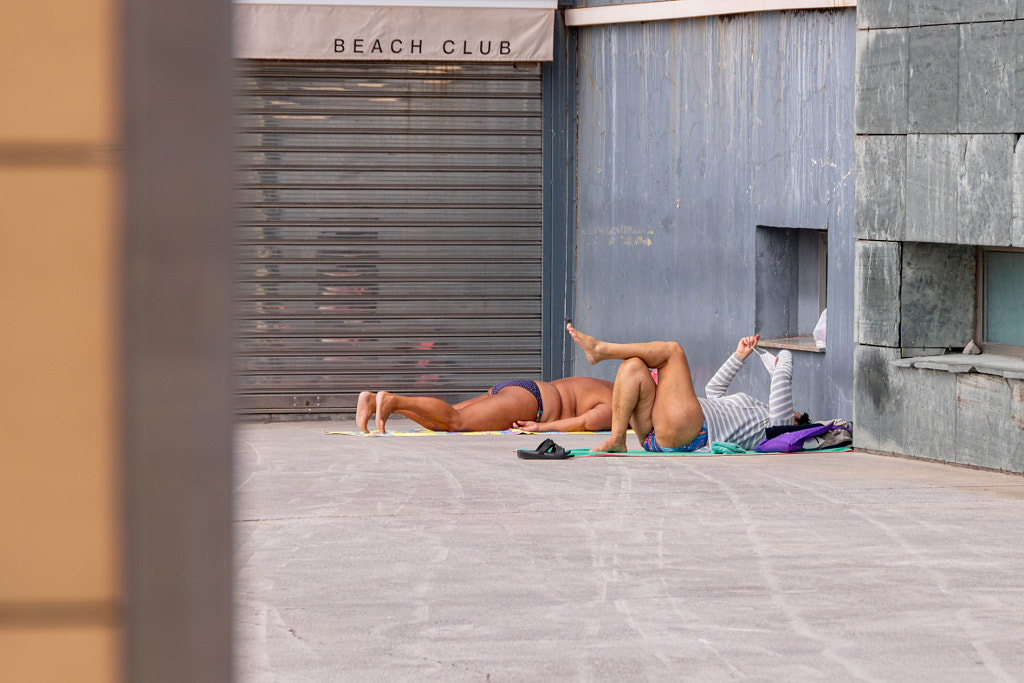
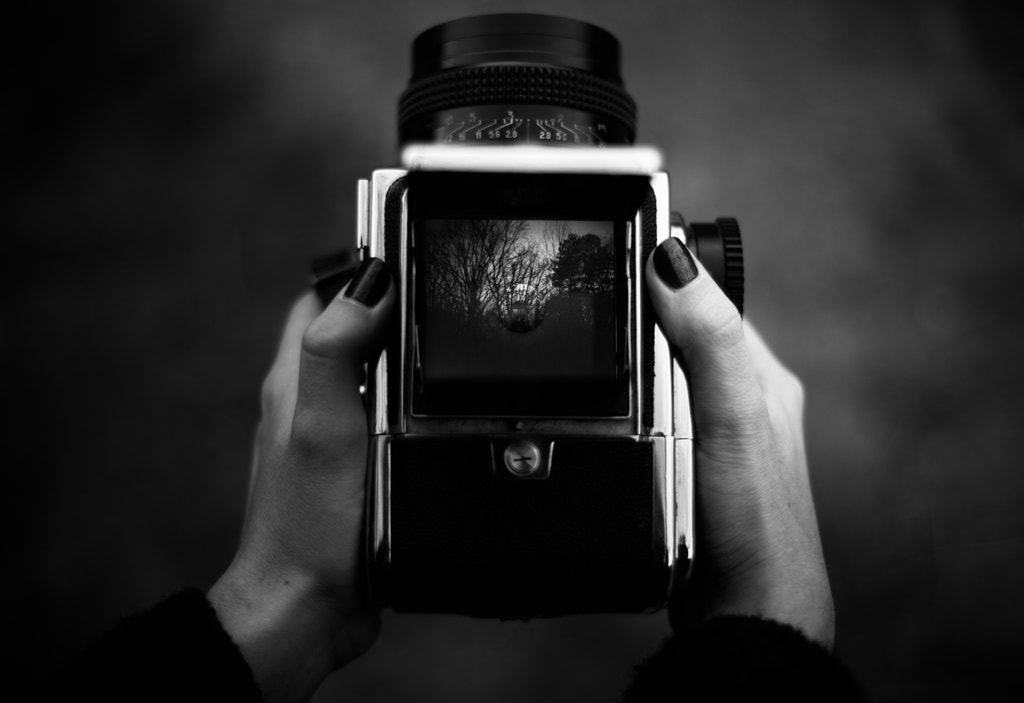
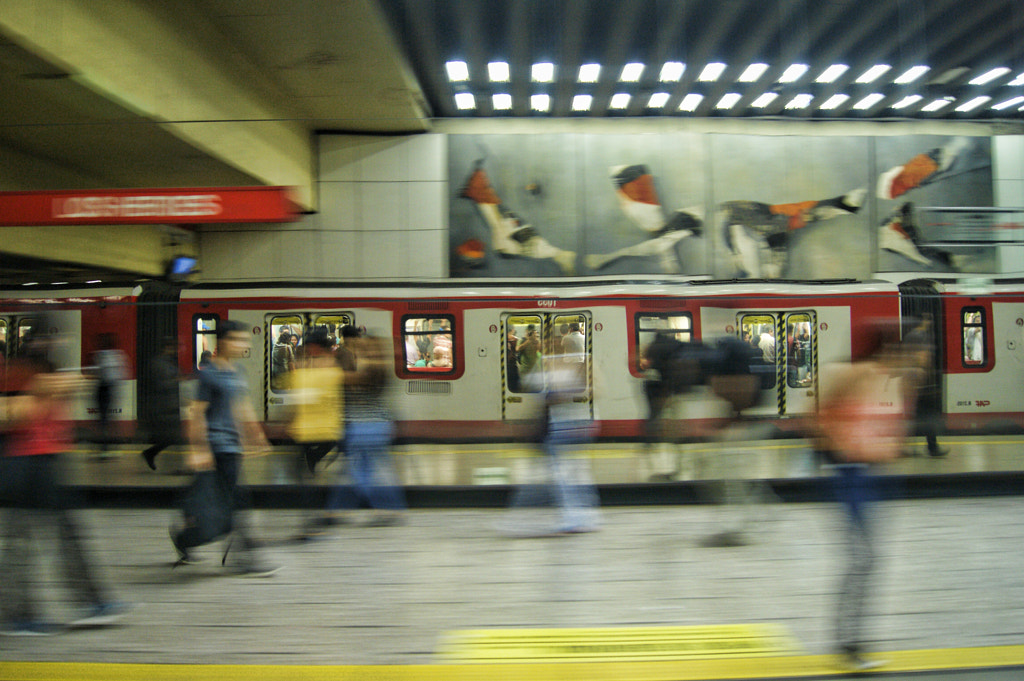

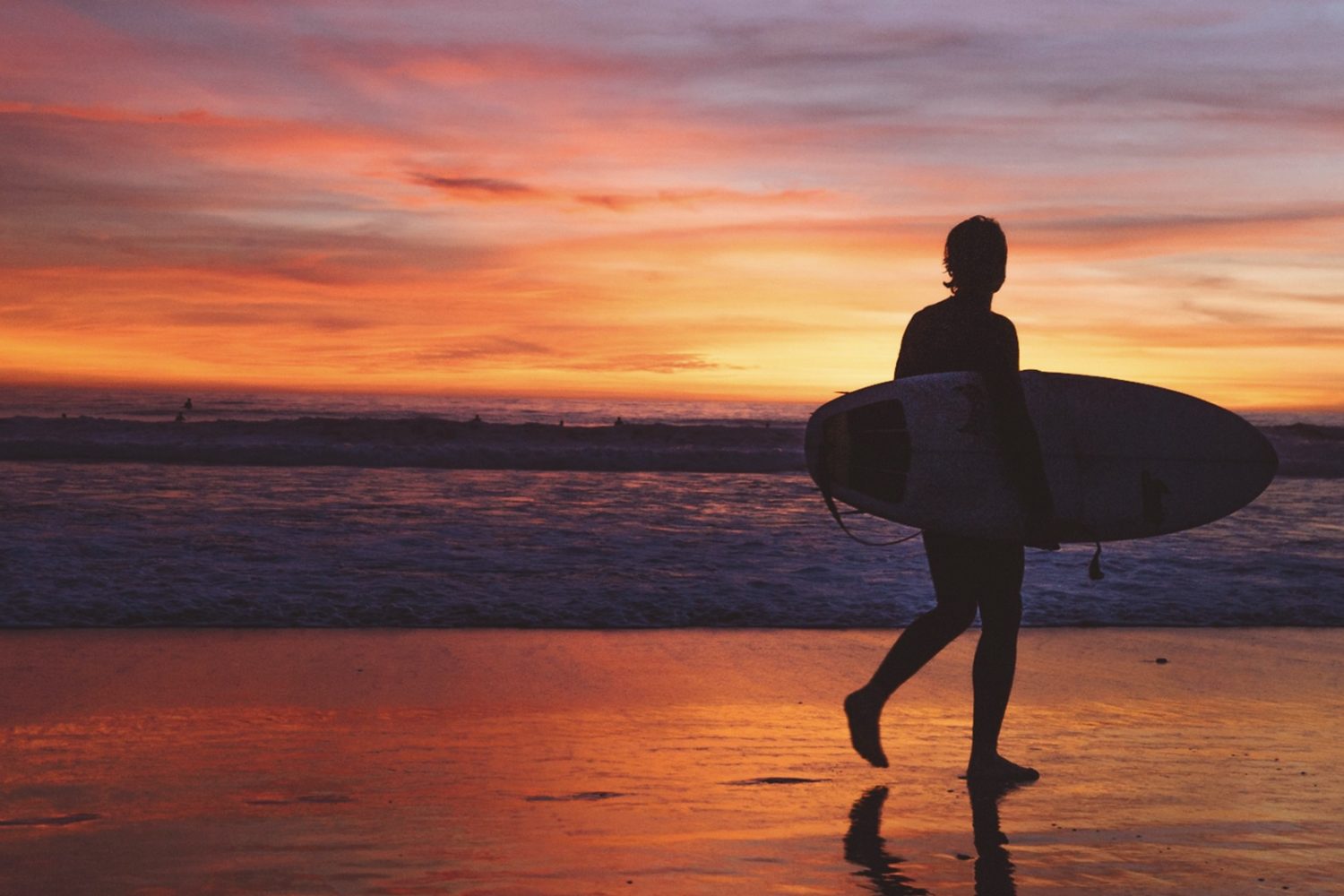
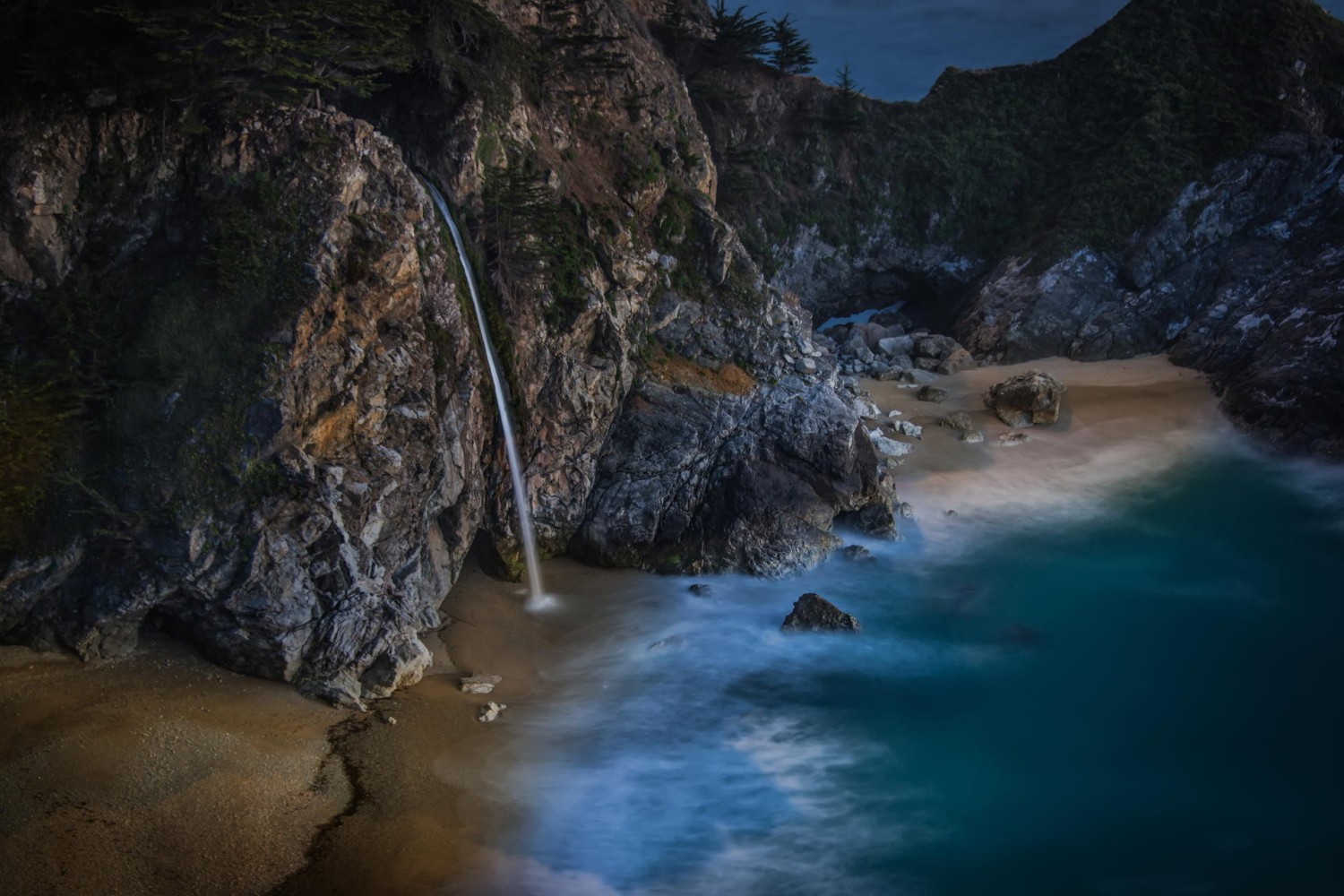


Leave a reply